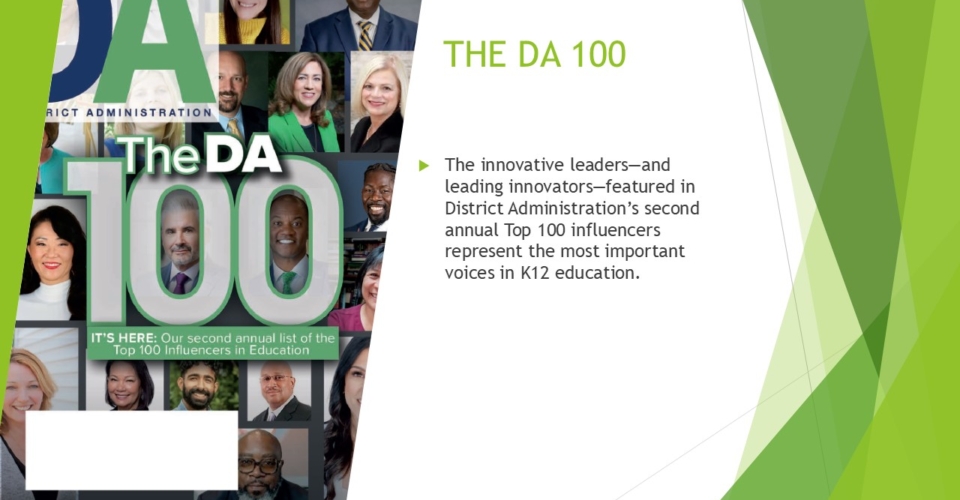The negative impacts of the pandemic on education are numerous and exhausting, but here’s a surprise for superintendents and their teams: Teacher appreciation did not suffer.
In fact, teacher appreciation improved during the emotionally, politically and academically tumultuous COVID years. More than half of students (52%) said they now have more appreciation for their teachers due to their experiences during the pandemic, according to the latest survey by ACT, the standardized testing company.
Another 42% reported developing a greater appreciation for their education as a whole. “What is striking is seeing from students firsthand how educators in schools across this country continued to do their best to provide a high-quality education despite the many unprecedented challenges of the 2020-21 school year,” ACT CEO Janet Godwin said. “These students saw how we already have the most dedicated teachers in the world.”
More from DA: Superintendent resignations are piling up as politics pile on K12 schools
A majority of students also gained confidence in using digital and online tools, and more than six in 10 said the pandemic forced them to become more independent and self-reliant.
“Although most students experienced challenges and obstacles in different aspects of learning,” said Joyce Z. Schnieders, an ACT research scientist. “When students looked back at their experiences during the first year of the pandemic … students learned to rely more on themselves and try to fulfill their responsibilities in learning after the pandemic started.”
ACT’s survey, however, also shows that students are aware of how the pandemic disrupted their lives both in and out of school. An overwhelming majority said that they have missed out on some grade-level knowledge and skills over the last few years. Many also said they became less motivated to learn, were less involved in extracurricular activities, and struggled to maintain relationships with friends.
Students who would have been first-generation college-goers were the most impacted, experiencing greater rates of financial hardships, food and housing insecurity, and mental health disorders, ACT also found. The organization recommends that administrators work more closely with these students to help them find scholarship and career development opportunities while also offering access to mental health care.



